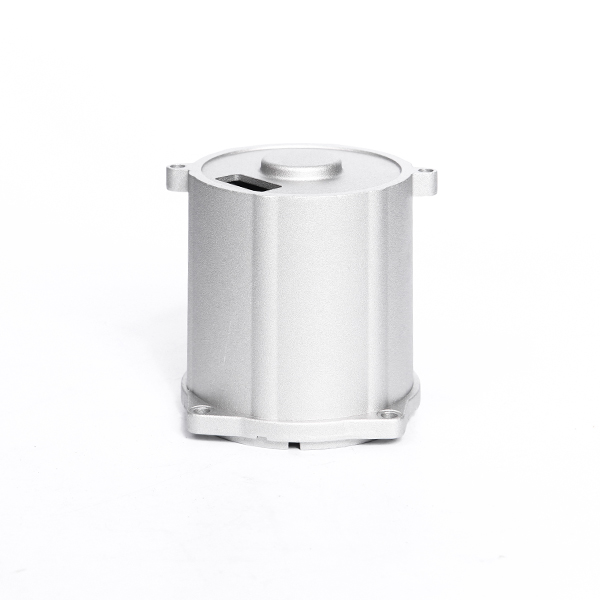Mobile:+86-311-808-126-83
Email:info@ydcastings.com
English
Understanding the Role of Fan Impellers in Optimizing Airflow and Efficiency in Ventilation Systems
The Role of Impellers in Fan Efficiency
In the realm of mechanical engineering and HVAC (Heating, Ventilation, and Air Conditioning) systems, the impeller stands out as a critical component that largely dictates the performance of fans. Fans are ubiquitous in both industrial and residential settings, employed for ventilation, cooling, and air circulation. Understanding the function and design of fan impellers can significantly enhance the efficiency and effectiveness of air movement systems.
What is an Impeller?
An impeller is a rotating component of a fan that is responsible for moving air or fluid through the system. When the impeller spins, it converts rotational energy into kinetic energy, which drives the airflow. Depending on the design, impellers can be classified into various types, including centrifugal and axial impellers.
Centrifugal impellers, often used in exhaust and blower fans, draw air into the center and expel it outward at high speeds, resulting in increased pressure and flow. These impellers typically have blades that curve backward and can produce a significant amount of air movement with reduced noise levels. On the other hand, axial impellers push air straight through the fan, making them ideal for applications that require high volumes of air at low pressures, such as in cooling towers and large ventilation systems.
Design Considerations
The design of the impeller has a profound impact on the overall efficiency of the fan. Several factors must be considered, including blade shape, number of blades, size, and material. For instance, blades designed with an optimal aerodynamic profile help minimize turbulence and maximize airflow. Additionally, the number of blades affects both the pressure generated and the noise produced by the fan; while more blades can enhance airflow, they can also create drag and increase operational noise.
impeller of fan

Material selection is equally critical. Impellers are typically made from various metals, plastic composites, or even advanced materials like carbon fiber, depending on the application. Lightweight materials can improve the rotational speed and reduce energy consumption; however, durability must also be ensured, particularly in high-stress environments.
Importance of Impeller Efficiency
The efficiency of a fan is often measured by its airflow capability relative to its power consumption, known as the fan laws. An efficient impeller design can significantly influence these laws by maximizing the volume of air moved per unit of energy used. This not only contributes to lower energy bills but also reduces the carbon footprint, making it an essential consideration for sustainable design practices.
Moreover, impeller efficiency directly impacts the longevity and reliability of the fan. A well-designed impeller that reduces strain on the motor leads to decreased wear and tear, thereby extending the operational lifespan of the fan system. Regular maintenance, such as ensuring that the impeller remains free from obstructions and is correctly balanced, is also vital to sustaining optimal performance.
Conclusion
In conclusion, the impeller of a fan plays an indispensable role in determining the system’s performance, efficiency, and longevity. As technology progresses and energy efficiency becomes an ever-pressing concern, innovations in impeller design will continue to evolve. Understanding the intricate dynamics of fan impellers not only aids in selecting the appropriate fan for specific applications but also in embracing sustainable practices that benefit both the economy and the environment. Whether you are an engineer designing HVAC systems or a homeowner looking for an efficient cooling solution, recognizing the importance of the impeller is key to achieving optimal airflow with minimal energy consumption.
-
Premium Fan Housing & Motor Casing for Optimal AirflowNewsAug.31,2025
-
High-Performance Automobile Water Pump & Electric SolutionsNewsAug.30,2025
-
Expert Stainless Steel Casting | Precision & Durable Metal PartsNewsAug.29,2025
-
Precision Metal Castings: Aluminum, Stainless Steel & Die CastingNewsAug.28,2025
-
Superior Aluminum Castings in Automotive Engine PartsNewsAug.22,2025
-
Common Materials Used in Fan Housing ManufacturingNewsAug.22,2025











